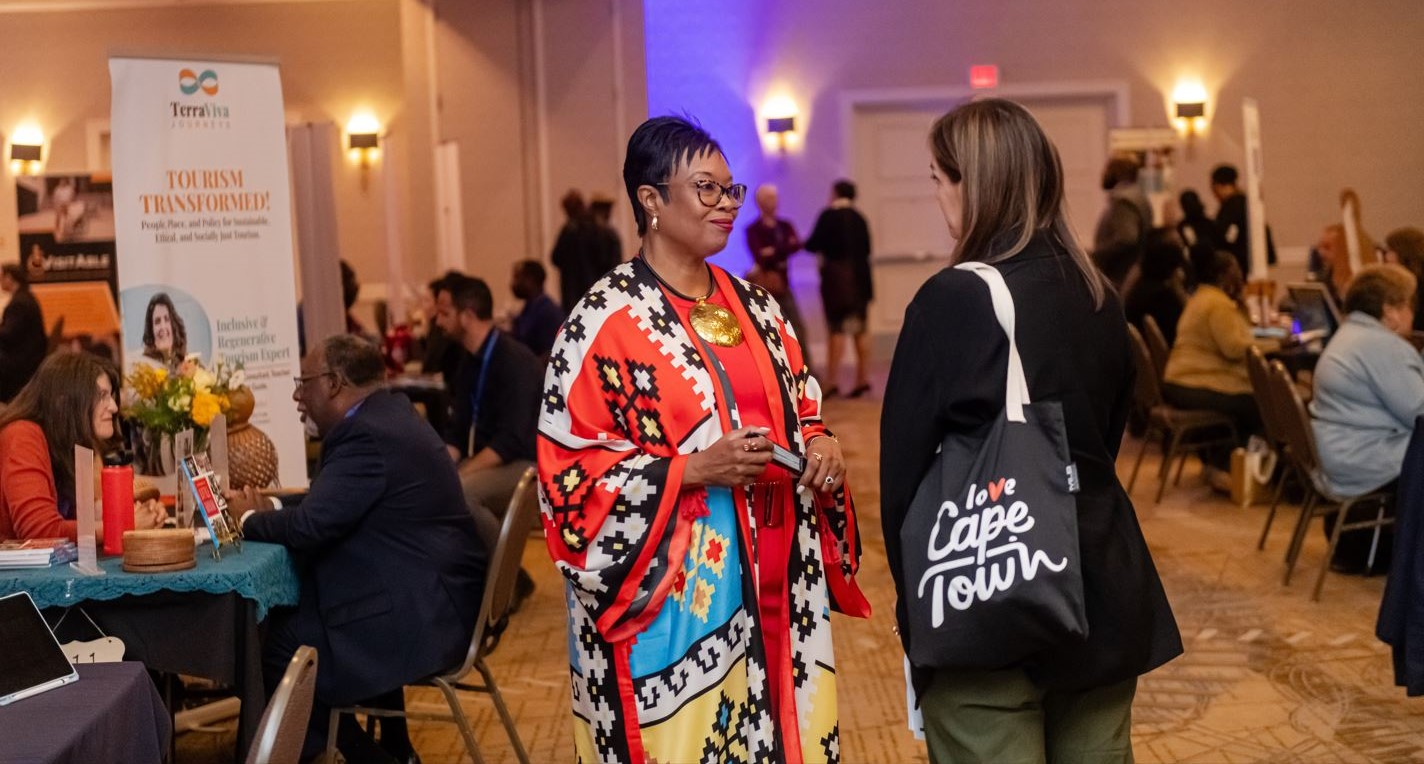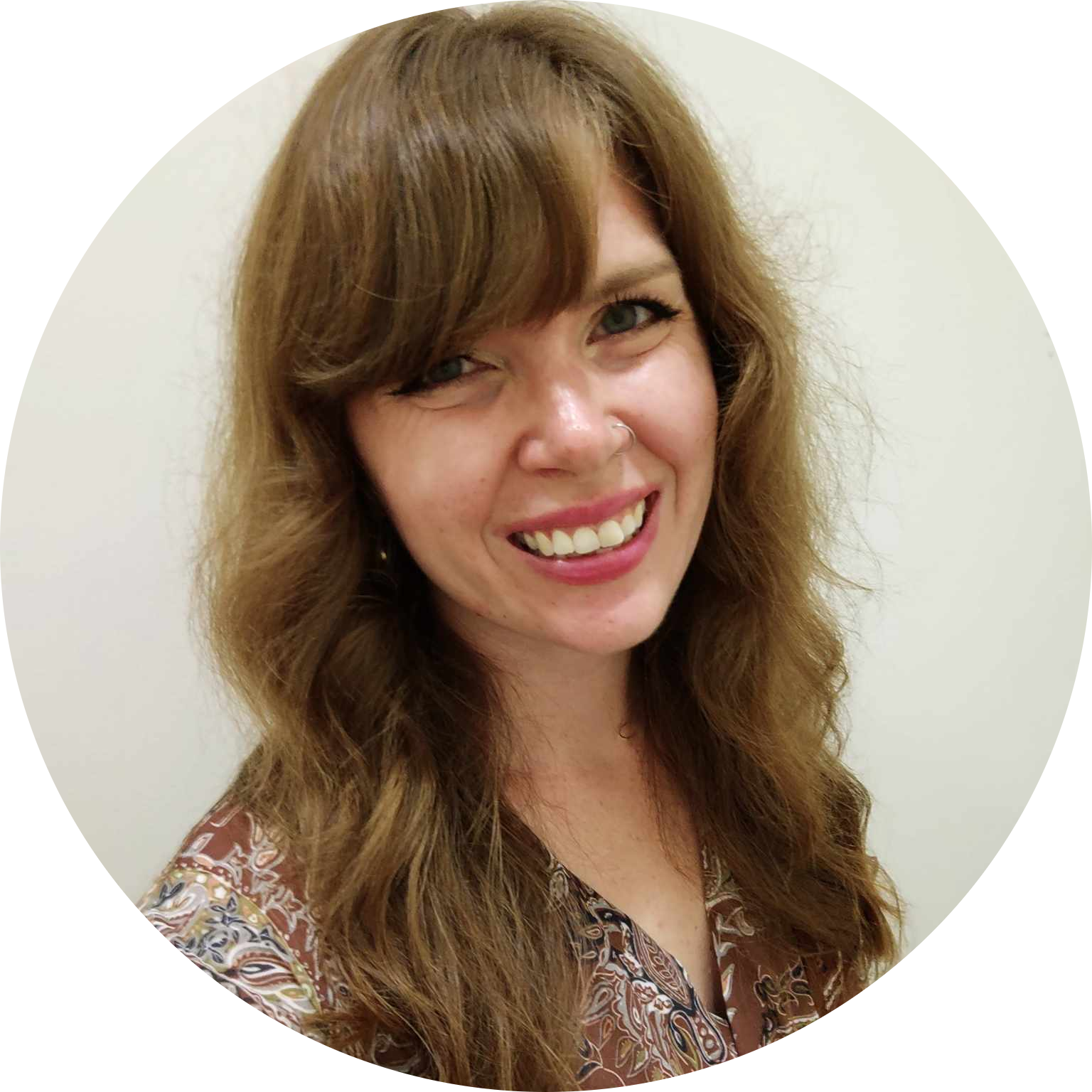Think about the average industry event. Which suppliers are there? What’s the demographic of the attendees? Which topics do the breakout and educational sessions cover? While working for the Greater Miami Convention & Visitors Bureau in the early 2010s, Stephanie M. Jones attended many of these events, and she noticed a glaring trend: the lack of diversity. This observation stuck with her, and in 2016, upon founding the Cultural Heritage Alliance for Tourism, Inc. (CHAT), Jones began her journey toward what she calls “leveling the playing field.”
Creating Equitable Opportunities
“I started CHAT to create equitable opportunities for small Black and Brown travel and tourism businesses from underserved communities,” said Jones. While CHAT initially operated in South Florida, it has since expanded to serve and support underrepresented entrepreneurs and small businesses throughout the U.S. by providing tools and education to help them participate in and profit from local tourism ecosystems. “After conducting research (and) learning about the disparities for Black businesses in marginalized communities and the lack of tourism dollars and tourist foot traffic for Black neighborhoods and businesses, it became my mission to help level the playing field by leveraging tourism as an economic driver for fueling underserved businesses and communities.”
One way Jones is working toward her mission? Through the promotion of cultural heritage tourism, a segment of tourism focused on connecting travelers with the people and places that shaped Black communities and culture. “I discovered that in local destinations throughout Florida and other states, small BIPOC suppliers that provided cultural heritage tours and experiences were not part of tourism marketing efforts,” said Jones. She went on to share how rethinking these marketing efforts was a necessary first step toward bridging the gap between small BIPOC suppliers and industry stakeholders like DMOs who have the authority on what to see and do in their respective destinations.
To begin building these relationships, Jones produced and hosted the Cultural Heritage Tourism Synergy Summit in 2018, and again in 2019, to bring together small BIPOC suppliers, cultural heritage tourism thought leaders, DMOs and other industry figures from around the globe. Then, in 2020, Jones founded the Cultural Heritage Economic Alliance, Inc. (CHEA), an organization that provides training to small BIPOC businesses to equip them with the skills they need to be sustainable, scalable and profitable as well as to provide industry access and funding opportunities.
DEI in the Travel Industry
Jones’ work is a step in the right direction for diversity, equity and inclusion (DEI) in the travel industry, and it also leads to a larger discussion about the work that still needs to be done. “I could write a book on how the industry overall is missing the mark on DEI,” said Jones. “However, there have been small strides made by some travel brands and DMOs that have been intentional in increasing diversity in supplier contracting, diversity in hiring and reflecting broader diversity in marketing collateral.” Unfortunately, recent years have come with their share of struggles, too. “I’ve seen more pushback from the table and less conversations on DEI within the industry,” said Jones. “Organizations such as CHEA, Black Travel Alliance, Diversity Tourism Matters and Travel Unity must continue to lean into our efforts to hold the industry accountable and keep the conversations and investments to sustain DEI forefront of mind.”
As for travel advisors, Jones said their role is evolving. “As consumer sentiment and demand for the consumption of making cultural connections during travels (rises), this is a very exciting time for travel advisors, especially those focusing on niche markets and diverse products,” she shared. In addition to demand, Jones said offering diverse products is important because 1) It levels the playing field, 2) It addresses overtourism and uplifts less-visited communities, 3) It increases diverse tour products and presents a unique option for itineraries, and 4) It exposes travelers to broader, more diverse stories.
Don’t know where to start? Jones recommends learning through experience. “It’s important for travel advisors to gain a better understanding of diverse tour products and experiences offered by BIPOC businesses and to experience Black cultural heritage tours through FAM tours in order to educate their clients.” She also recommends looking into education available through organizations like CHEA, which offers exclusive training and certifications to equip advisors with the marketing tools, messaging and images they need to sell niche tour products to their clients.
What’s In Stephanie’s Carry-On?
“My carry-on always consists of my medications, a bottle of water, laptop, reMarkable notepad, hand sanitizer, Clorox hand wipes (to wipe down my seat, tray, TV screen, etc.), neck pillow and extra face masks.”
Originally appeared in the Spring 2024 issue of The Compass magazine.





comments